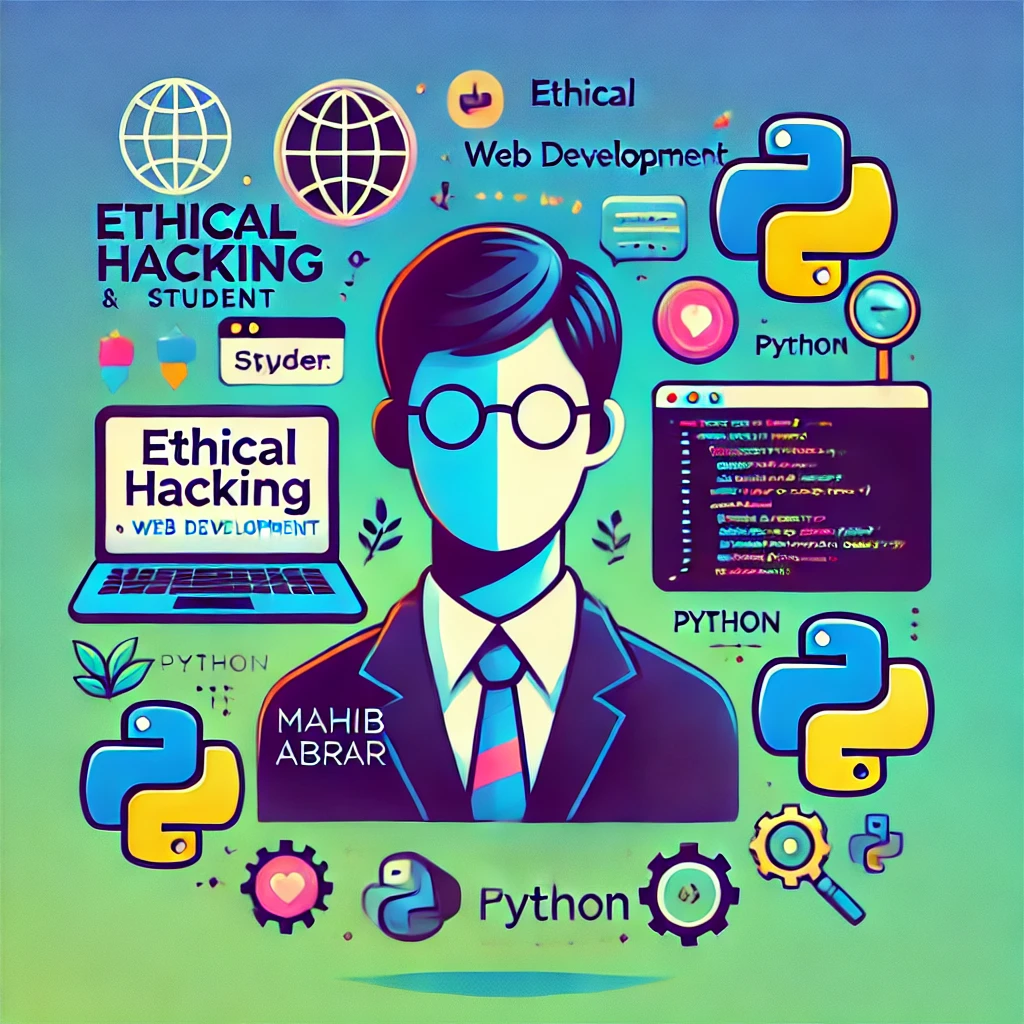What is linux? Why choose linux?
 prominently displayed.webp93623565915131733935840.1624355webp)
Linux, the open-source operating system that has quietly shaped the backbone of the internet, offers a world of opportunities for users, developers, and businesses alike. Though it might lack the glitzy reputation of mainstream operating systems like Windows or macOS, Linux has steadily gained recognition as a versatile, secure, and community-driven alternative. In this article, we explore what makes Linux special, why you should consider using it, and how it can benefit your daily life.
What Is Linux?
At its core, Linux is a free and open-source operating system based on Unix. Created by Linus Torvalds in 1991, it has evolved into a robust platform supported by a passionate global community. Unlike proprietary operating systems, Linux’s source code is publicly available, allowing anyone to study, modify, and distribute it. This openness fosters innovation and ensures that Linux continues to improve over time.
Why Choose Linux?
Linux isn’t just for tech enthusiasts or programmers. Its flexibility and reliability make it a great choice for a wide range of users. Here are some compelling reasons to consider making the switch:
1. Cost-Effective
Linux is free to download and use. Many distributions (or "distros") come with a suite of pre-installed software, saving you money on applications like office suites, graphic design tools, and more.
2. Customizable
One of Linux’s most appealing features is its flexibility. You can customize everything from the desktop environment to system settings, tailoring the operating system to meet your specific needs.
3. Secure
Linux is inherently more secure than many other operating systems. Its open-source nature allows developers to quickly identify and fix vulnerabilities. Additionally, its permission-based structure makes it difficult for malware to cause significant damage.
4. Lightweight and Efficient
Linux can run smoothly on older hardware, breathing new life into outdated computers. Lightweight distributions like Lubuntu and Puppy Linux are perfect for systems with limited resources.
Popular Linux Distributions
With hundreds of Linux distributions available, there’s a flavor of Linux for everyone. Here are a few popular options to consider:
- Ubuntu: Known for its user-friendly interface and extensive community support, Ubuntu is an excellent choice for beginners.
- Fedora: Backed by Red Hat, Fedora offers cutting-edge features and is ideal for developers.
- Debian: Known for its stability, Debian is perfect for servers and users who prioritize reliability.
- Arch Linux: A favorite among advanced users, Arch Linux provides complete control over the installation process and system configuration.
- Linux Mint: A great choice for those transitioning from Windows, Linux Mint offers a familiar and intuitive interface.
Getting Started with Linux
Transitioning to Linux might seem daunting at first, but with the right approach, it’s easier than you think. Here’s a step-by-step guide to help you get started:
- Choose a Distribution
Select a Linux distribution that aligns with your needs and technical expertise. Ubuntu and Linux Mint are great starting points for beginners.
- Create Bootable Media
Download the ISO file for your chosen distribution and create a bootable USB drive using tools like Rufus (Windows) or Balena Etcher (cross-platform).
- Try Before You Install
Many Linux distributions offer a "Live" mode, allowing you to try the OS without installing it on your computer. This is a great way to test compatibility and features.
- Install Linux
If you’re satisfied with the Live session, you can proceed with the installation. Follow the on-screen instructions, and make sure to back up your data beforehand.
- Learn the Basics
Familiarize yourself with Linux commands, package managers, and desktop environments. Many distributions include graphical interfaces that make navigation intuitive.
Everyday Uses for Linux
Linux isn’t just for specialized tasks; it can enhance your everyday computing experience. Here are some common use cases:
1. Web Browsing and Office Work
With browsers like Firefox and Chrome, and office suites like LibreOffice, Linux is well-equipped for internet browsing and productivity tasks.
2. Media Creation
From graphic design (GIMP) to video editing (Kdenlive) and music production (Ardour), Linux offers a wide range of tools for creatives.
3. Gaming
Thanks to platforms like Steam and tools like Proton, gaming on Linux has never been better. Many popular titles are now Linux-compatible.
4. Programming
Linux provides a robust environment for coding, with built-in support for languages like Python, Java, and C++. Tools like Visual Studio Code and Vim make development seamless.
5. Server Hosting
Many of the world’s websites and applications run on Linux servers due to their reliability and scalability.
Conclusion
Linux is more than just an operating system; it’s a gateway to freedom, creativity, and innovation. Whether you’re a casual user, a developer, or a business owner, Linux has something to offer. By embracing Linux, you join a vibrant global community that values collaboration and open access to technology. Why not take the plunge and discover the power of Linux today?

Comments